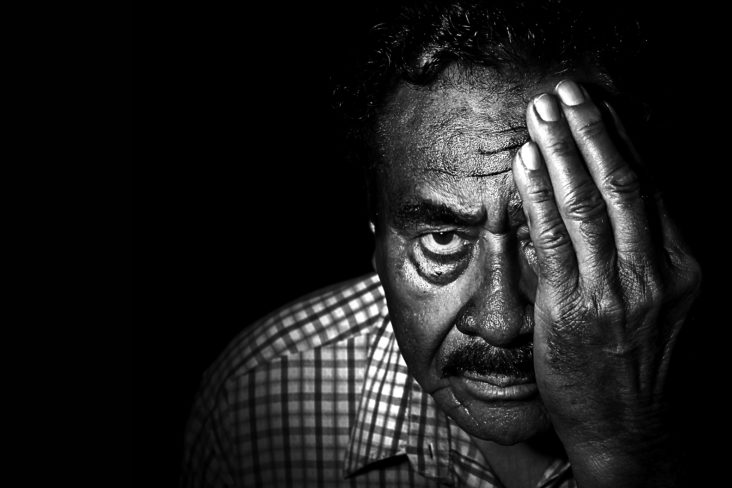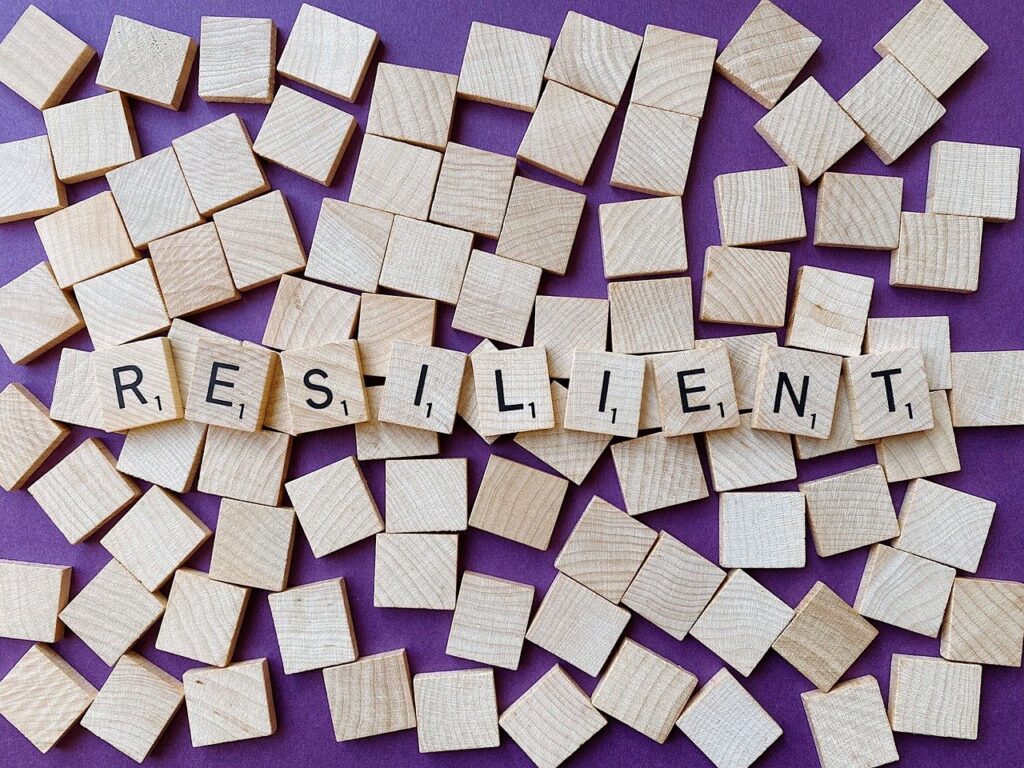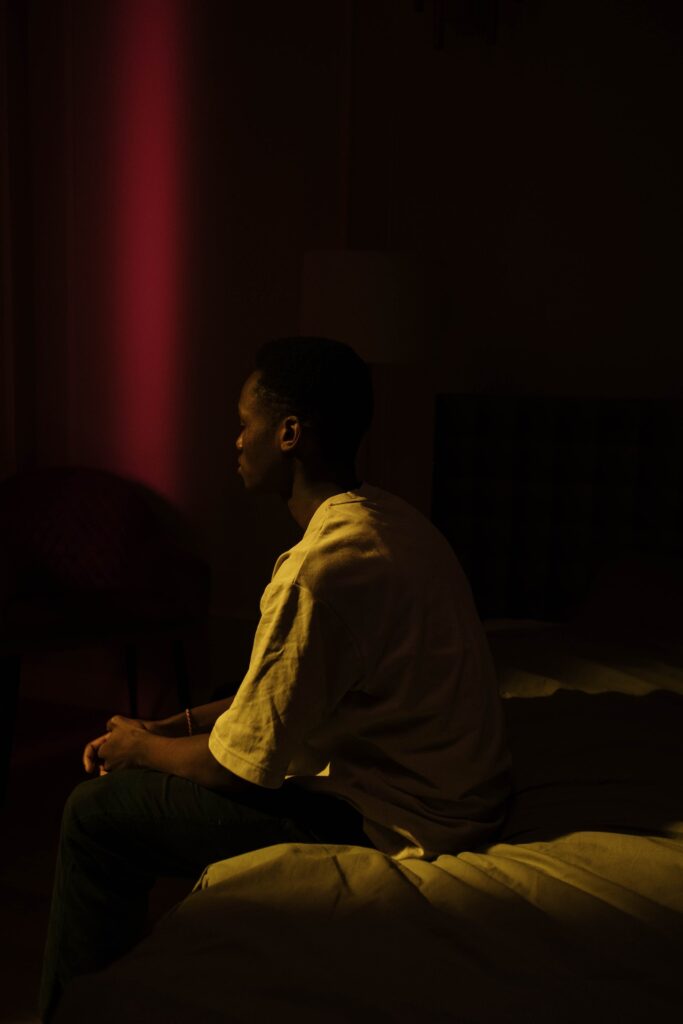Mood Disorders: Bipolar Disorder

We’ve all had “those days” at work or at home – days when we feel exhausted, irritable, or out of sorts and when nothing seems to go our way. Conversely, we’ve all also experienced days when we are chock full of energy, when we feel like we can take on the world, when ideas seems to flow effortlessly, and we feel joyful and optimistic. For most of us, those feelings of the “blues” or of being happy will ebb and flow from one day to another and they don’t really change our daily lives. But, for people with bipolar disorder (also known as manic depression), the swings between emotional highs and lows are chronic and can fluctuate broadly from extreme euphoria, overconfidence, and boundless energy, to the other end of the spectrum and despair, anger, and deep depression. People can also experience a mixture of the two extremes.
Loneliness: A Public Health Concern?

Loneliness is an emotion that can be difficult to pin down because it often means different things to different people. It can be a perception of isolation because we feel that we aren’t being heard and valued. It can be caused by feeling that there is no one we can turn to for emotional support. Also, in many instances, a lonely person is actually physically alone through the loss of a spouse or loved one. Regardless of how we define loneliness, however, researchers have concluded that feeling so alone can affect not just our mental and emotional well being, but our physical health, as well. And, they are finding that loneliness can be as contagious as a virus.
How to Beat the Post-Holiday Blues

Even though many people greet the new year with excitement, there are also many who find themselves suffering from the post-holiday blues. Here are some tips to help you beat depression after the holidays.
Fear of Public Speaking
Glossophobia (the fear of public speaking) is the number one fear reported by people in the United States. This anxiety comes from a worry about being judged and often has origins in social anxiety. Speech anxiety has increased in today’s cyber-world of communication where we are often “faceless” and can remain relatively anonymous by sending emails or texting instead of speaking directly to people.
Resilience Training

Resilience training can be used to minimize negative thoughts and help you learn ways to bounce back effectively from life’s setbacks.
Insomnia and Anxiety/Depression

Research has shown that Cognitive Behavioral Therapy has longer-lasting, more sustainable effects on insomnia and depression. This is because it teaches you a skill set that you can use for the rest of your life.
Emetophobia: The Fear of Vomiting

The fear of vomiting, officially known as emetophobia, is a phobia that affects millions of people. And, the good news is that help is available.
Online Therapy and Internet Counseling
The emergence of online therapy and phone therapy has revolutionized the way counseling is performed.
Hoarding and OCD
There is a difference between people who have collections of items and those who have accumulated so much that their possessions have literally taken over their home or yard. When a person’s life begins to be so affected by their items that they can no longer safely live in their home or they aren’t able to give up even a tiny portion of their collection, they’ve crossed over into the realm of hoarding.
Compassion Focused Therapy for Social Anxiety
People who experience social phobia are prone to being self-critical and angry because of how their anxiety affects them. Compassionate-focused therapy helps these individuals reverse those thoughts through compassionate engagement.
